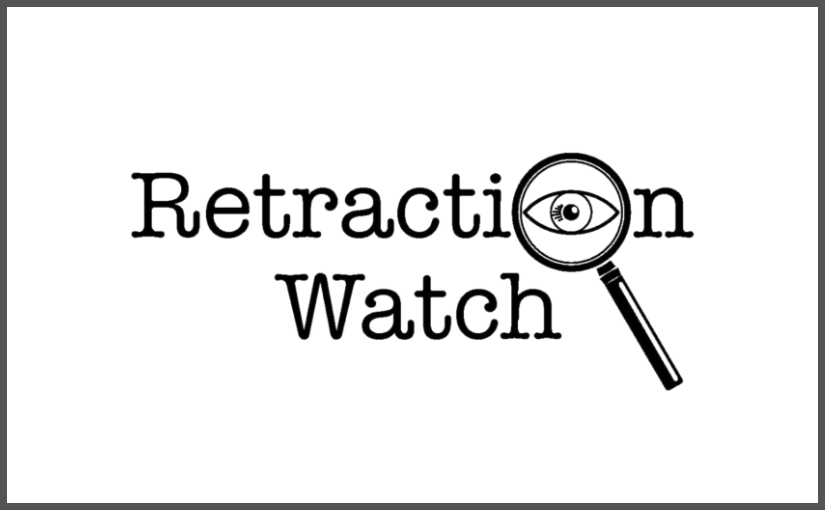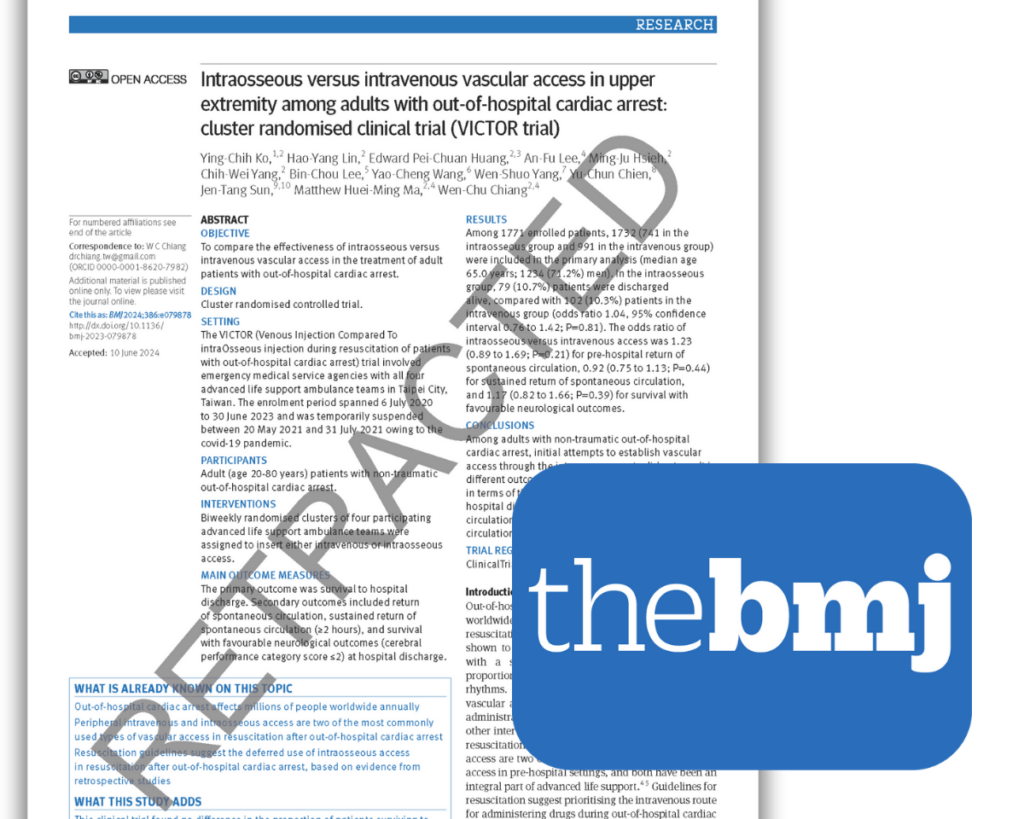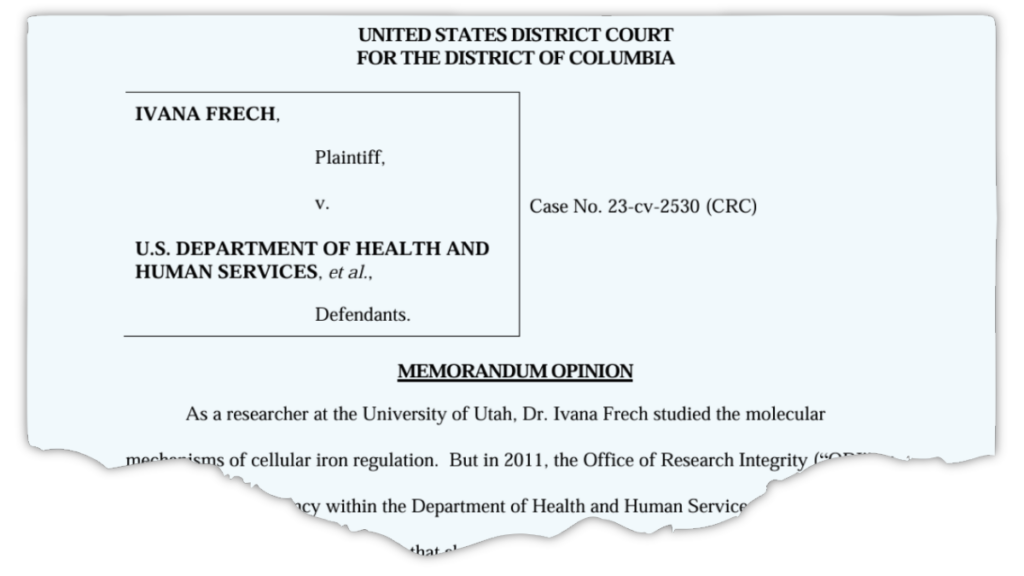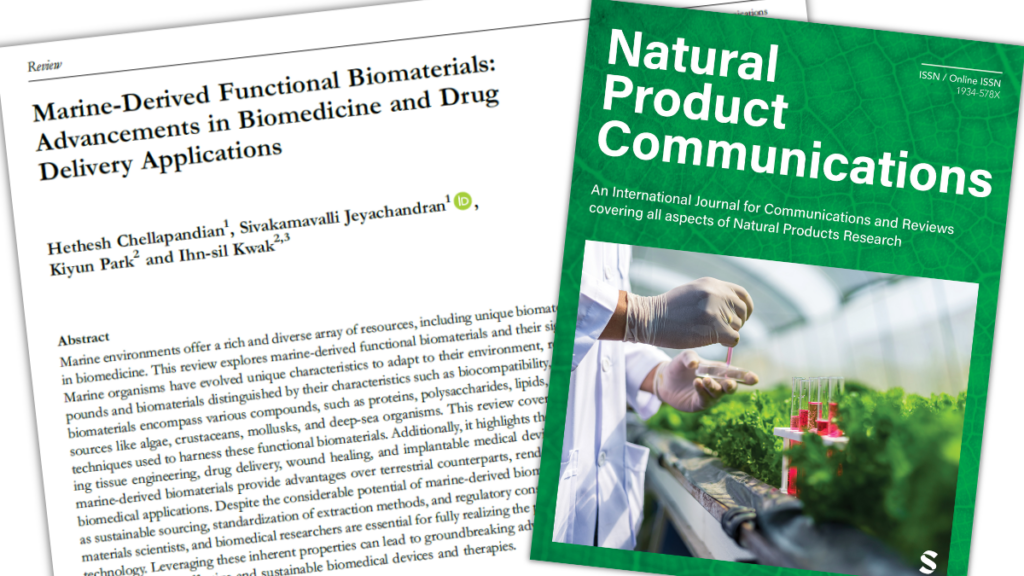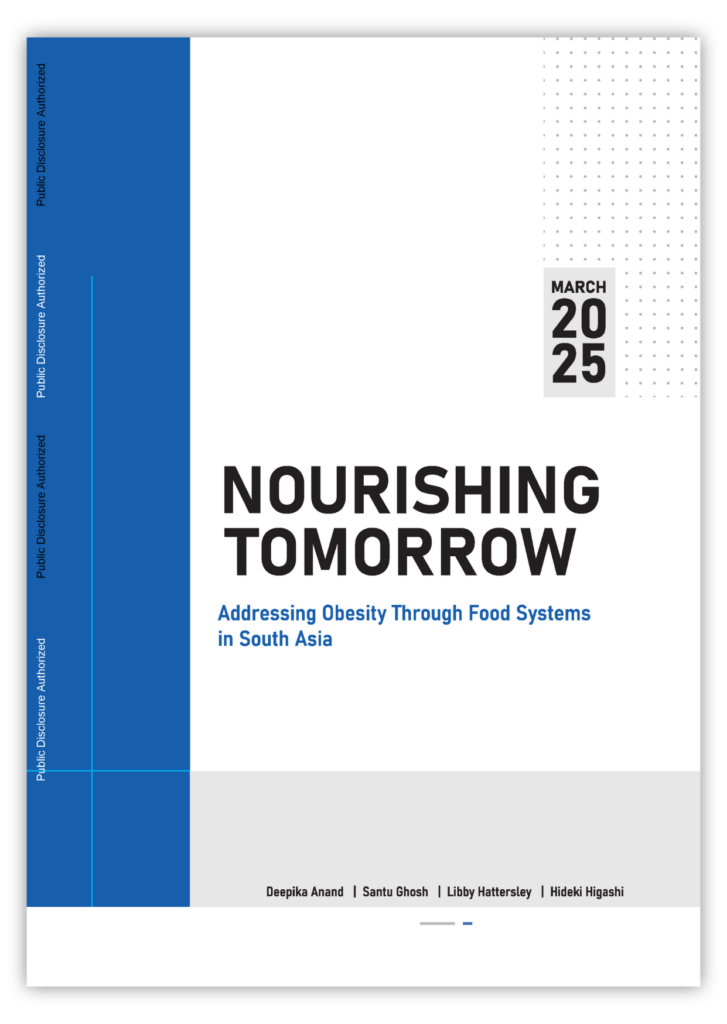
Happy 2026! We’re excited to bring you the first Weekend Reads of the new year.
The week at Retraction Watch featured:
- The BMJ retracts clinical trial for ‘severe’ discrepancies in randomization
- Cheers to 2025: In which Retraction Watch turned 15, and The Center For Scientific Integrity really became a center
- Data lost in a flood? The excuse checks out.
In case you missed the news, the Hijacked Journal Checker now has more than 400 entries. The Retraction Watch Database has over 63,000 retractions. Our list of COVID-19 retractions is up over 460, and our mass resignations list has 47 entries. We keep tabs on all this and more. If you value this work, please consider showing your support with a tax-deductible donation. Every dollar counts.
Here’s what was happening elsewhere (some of these items may be paywalled, metered access, or require free registration to read):
Continue reading Weekend reads: Evaluating the benefits of open science, a misconduct investigation in Korea, and what we lose in outsourcing reviews to AI
